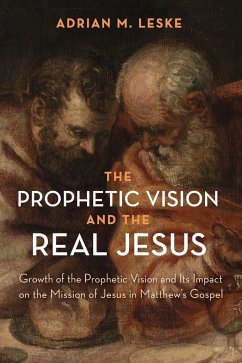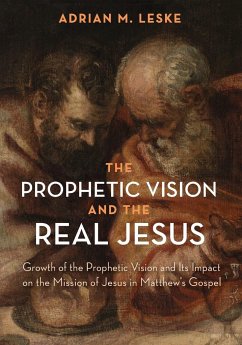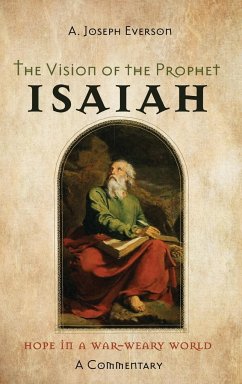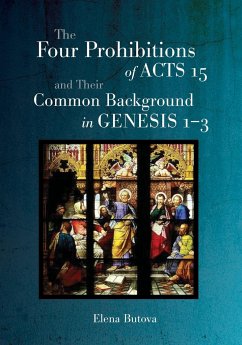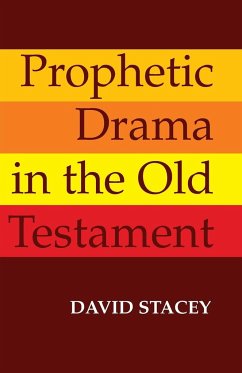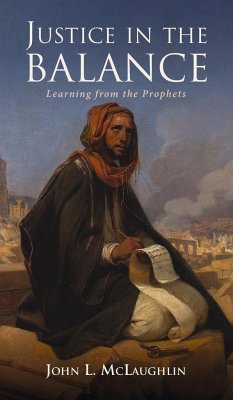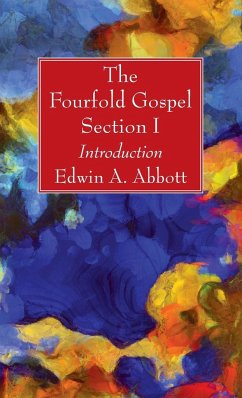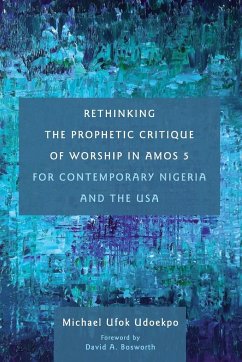Using the method of intertextuality, Adrian Leske has traced the growth of the prophetic vision from Amos to the Exile, demonstrating how, after the Exile, the dominant influence on that vision down to the time of Jesus is the positive and new message of Deutero-Isaiah. With opposition from the Zadokite priesthood, and exploitation from foreign rulers, the prophetic and Levite communities find refuge in Upper Galilee and surrounding areas. Using the Gospel of Matthew, the most Jewish of the Gospels, Leske demonstrates how that vision impacted the teaching of Jesus to these communities and how he perceived his mission as the Servant/Son of man. Understanding this prophetic vision and the Jewish nature of Matthew's Gospel brings new insights to Matthean Christology, as well as the authorship and date of that Gospel in relation to the other Gospels.

